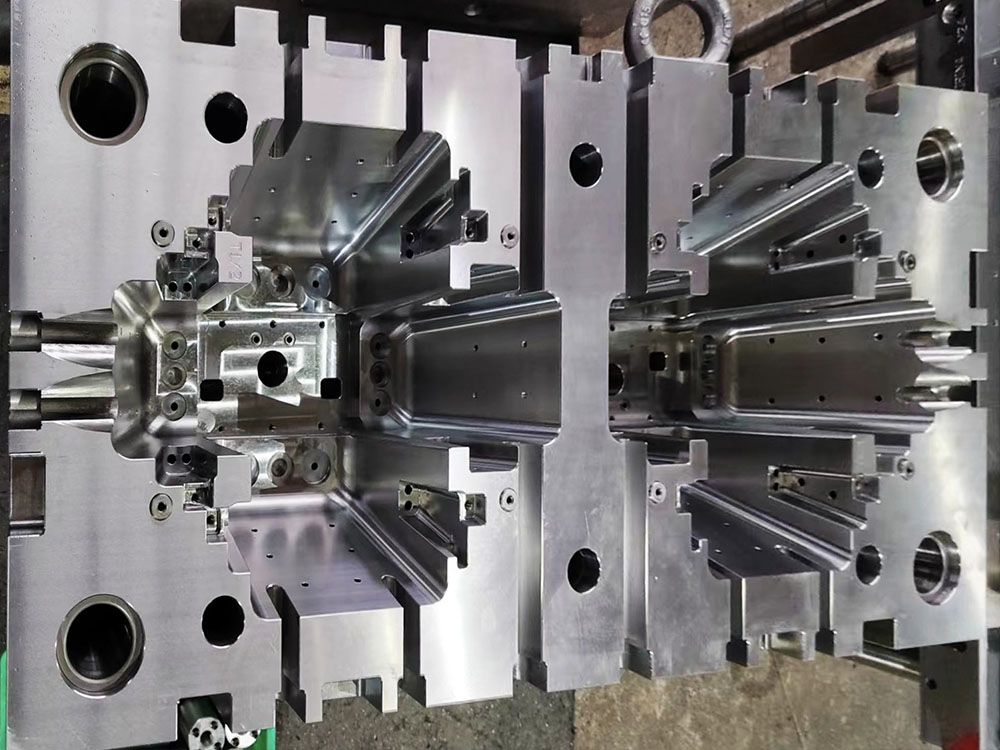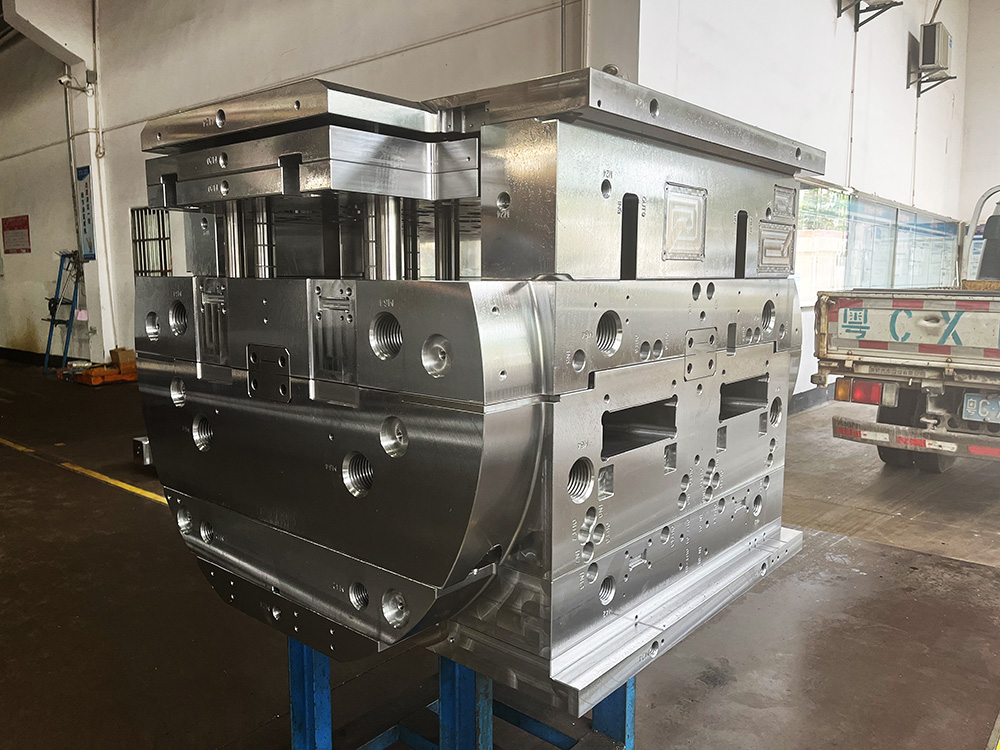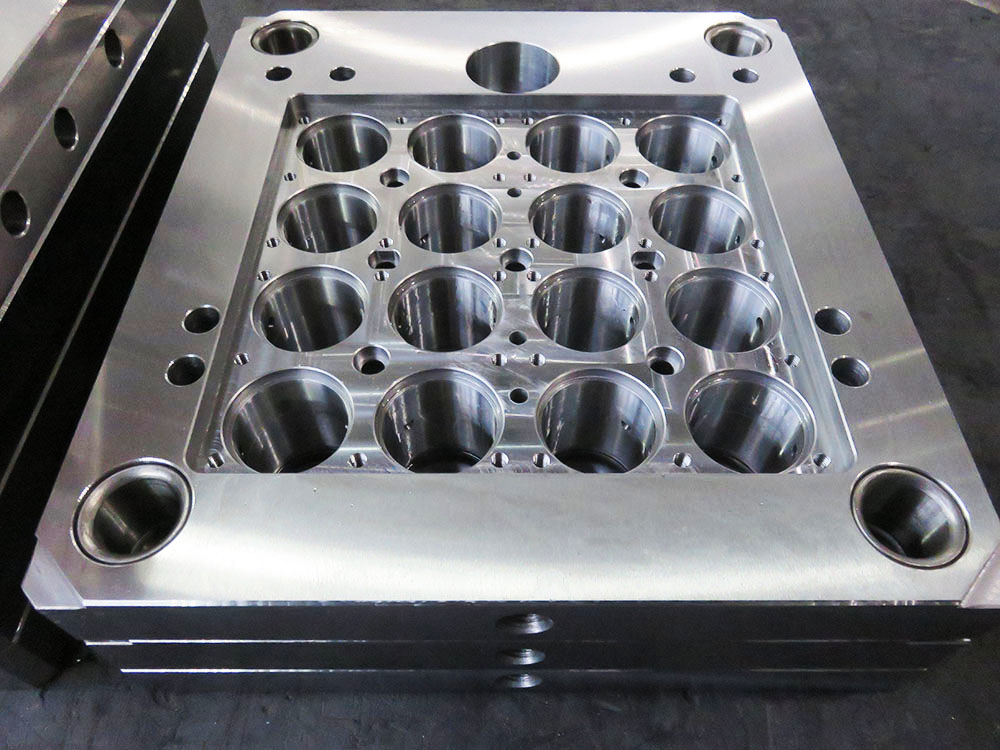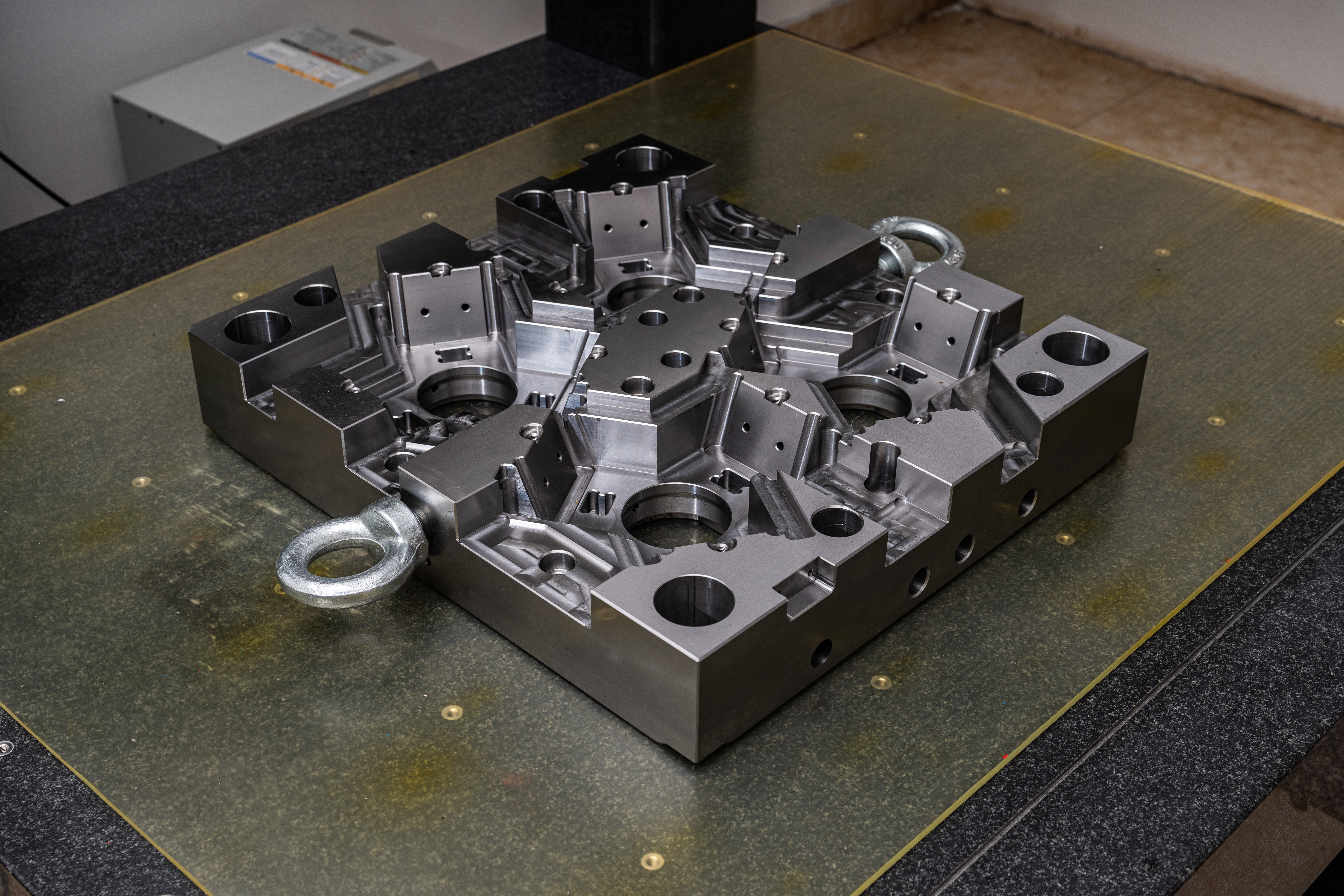Mold Base Industry: What Does the Acronym EB Stand for?
The mold base industry plays a vital role in the manufacturing sector, providing the foundation for the production of various plastic and metal components. Within this industry, professionals often come across the acronym EB, which stands for Electronic Balance. In this article, we will explore the significance of EB in the mold base industry.
1. The Role of Electronic Balance in Mold Base Industry
The electronic balance, abbreviated as EB, is an essential tool used in the mold base industry for measuring the weight of various materials. This instrument allows professionals to accurately determine the weight of raw materials, finished components, and other objects involved in the mold base manufacturing process.
The use of electronic balances ensures precision and accuracy in weight measurements. This is crucial in the mold base industry, as even small deviations can have a significant impact on the quality and functionality of the final product. The EB helps professionals ensure the right amount of material is used, leading to consistent and reliable outcomes.
2. Types of Electronic Balances
There are various types of electronic balances available in the market, each catering to specific needs and requirements in the mold base industry. Let's explore some common types:
a) Analytical Balances: These balances offer the highest level of accuracy and precision, often used in research and development processes. With a high sensitivity, they can measure small masses accurately.
b) Precision Balances: Precision balances provide a high degree of accuracy and are commonly used in quality control processes. They are suitable for measuring larger masses compared to analytical balances.
c) Compact Balances: These balances are portable in nature and offer a balance between accuracy and convenience. They are commonly used in fieldwork and on-site measurements.
d) Industrial Scales: Industrial scales are heavy-duty instruments designed to handle large masses commonly encountered in the mold base industry. While they may have slightly lower precision, they compensate for it with their capacity and durability.
3. Importance of Accurate Measurements in the Mold Base Industry
Accurate measurements are of utmost importance in the mold base industry due to the intricate nature of the manufacturing process. Precise measurements contribute to the overall quality, functionality, and efficiency of the mold base.
Inaccurate measurements can lead to various issues, including defective products, operational problems, and financial losses. By utilizing electronic balances such as EB, professionals can ensure that the weight of materials and components is within the desired range, minimizing the risk of errors.
Additionally, accurate measurements allow for better control over material usage, reducing waste and optimizing production costs. This, in turn, enhances the competitiveness of mold base manufacturers in the global market.
4. The Future of Electronic Balances in the Mold Base Industry
The mold base industry is continually evolving, driven by advancements in technology and the growing demand for innovative solutions. Electronic balances are expected to continue playing a crucial role in this industry.
With ongoing advancements, electronic balances are likely to become even more accurate, user-friendly, and integrated with other manufacturing processes. Integration with digital systems and automation technologies may further streamline measurement processes, enhancing efficiency and productivity in the mold base industry.
Conclusion
Electronic balances, also referred to as EB, are indispensable tools in the mold base industry. They provide accurate weight measurements, ensuring the reliability and consistency of mold base manufacturing. As the industry continues to progress, electronic balances are expected to play a pivotal role in driving innovation and efficiency.




